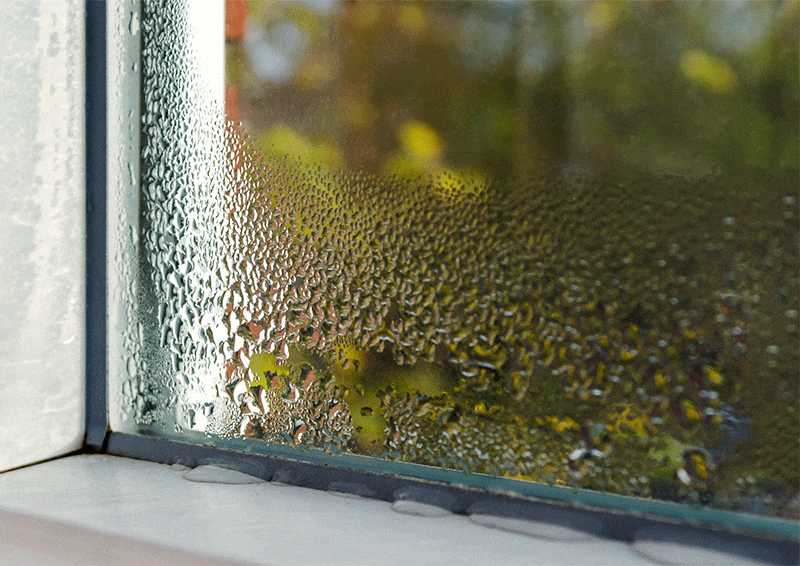Spring is a time of new beginnings, a fresh start – a chance to clean, dust, and organize yourself, especially after a long winter.
What is Spring Cleaning?
Did you know that spring cleaning has a lot to do with human biology?
During the winter months, we tend to be less active and motivated because our behaviour is influenced by the cycle of seasons. Due to the lack of sunlight during winter, our brain produces larger amounts of melatonin, a chemical responsible for making us sleepier! So when we finally start seeing more sun, it’s like waking up from hibernation.
The practice of spring cleaning is especially common in areas with a cold winter, where many conduct an annual deep clean of their homes after winter. But, in addition to decluttering your home and surroundings, many other benefits are associated with spring cleaning.
Spring cleaning can play a big role in your overall well-being – cleaning the air you breathe, minimizing the spread of harmful bacteria and improving your mental health by preventing dysfunctional home environments and decreasing stress.
Improve Indoor Air Quality
Spring cleaning is an incredibly beneficial process for directly improving your home’s indoor air quality. A deep spring cleaning can help eliminate accumulated dust and particles while also airing out damp areas from the winter months.
Additionally, outdoor allergens like pollen and mould can be tracked into indoor spaces via shoes and clothing. If left to accumulate, dust, animal hair, and other allergens can wreak havoc on your nose, eyes, and sinuses, often leaving people feeling foggy, itchy, and red-eyed.
How Cleaning Can Improve Health
Spring cleaning isn’t just about tidying up your home or getting rid of clutter – it can also have a significant impact on your health, especially when it comes to indoor air quality. Here are some ways that cleaning can improve your well-being:
1. Removes dust and allergens
Dust, pet dander, and other allergens can build up in your home over time, especially in carpets, upholstery, and bedding. Regular cleaning can help remove these particles and improve indoor air quality, which can reduce symptoms like sneezing, coughing, and itchy eyes.
2. Reduces exposure to chemicals
Many household cleaning products contain harsh chemicals that can be harmful if inhaled or absorbed through the skin. Using natural cleaning products or making your own with simple ingredients like vinegar and baking soda can reduce exposure to these chemicals and improve indoor air quality.
3. Prevents mould growth
Moisture and humidity can lead to mould growth in areas like bathrooms, kitchens, and basements. Regular cleaning can help prevent mould growth by reducing moisture and keeping surfaces dry, which can improve indoor air quality and reduce the risk of respiratory problems.
How Cleaning Can Improve Your Mental Health
When it comes to improving mental health, we often think of practices like exercise, meditation, or therapy. However, one often overlooked but effective way to boost mental well-being is through cleaning. Yes, you read that right! Cleaning can have a positive impact on your mental health, and here’s how:
1. Reduces stress and anxiety
Cluttered and messy surroundings can cause stress and anxiety, making it difficult to relax and focus. On the other hand, clean and organized spaces can create a calming effect and reduce stress levels. A study published in the Personality and Social Psychology Bulletin found that people who described their homes as “cluttered” or “disorganized” had higher levels of cortisol, a hormone associated with stress, compared to those who described their homes as “restful” and “restorative.”
2. Boosts mood and self-esteem
Living in a clean and tidy space can positively impact your mood and self-esteem. It can make you feel more in control of your surroundings and create a sense of order and stability.
3. Provides a sense of satisfaction
Cleaning can be a form of self-care and provide a sense of satisfaction. When you take the time to clean your space, you’re investing in your physical and mental well-being. As you see your space transform from cluttered to clean, you may feel a sense of accomplishment and satisfaction, which can improve your overall mood and well-being.
4. Improved focus
In 2011, a study conducted by neuroscience researchers found clearing clutter from the home and work environment resulted in a better ability to focus and process information and increased productivity.
Additional evidence emerged from a phenomenological study where participants described their decluttering process as “uplifting and refreshing,” reporting “a happier, less stressful life.”

5 Spring Cleaning Tips:
- Regularly vacuum with a high-powered HEPA filter vacuum and pay particular attention to any areas prone to mould growth, specifically in the bathroom.
- Change your air filters every spring! Healthy, clean, unclogged filters are an easy indoor air quality improvement and save you money on utility bills by reducing the strain on your HVAC system.
- Keep airborne dust to a minimum by dusting with a moist cloth (instead of a dry cloth, which can send more dust flying around).
- Regularly change bed sheets and clean window dressings to reduce your allergy symptoms greatly.
- During and after your spring clean, be sure to have your HVAC system running to reduce the number of VOCs from cleaning products and to filter any suspended dust particles still in the air before settling on surfaces once again.


